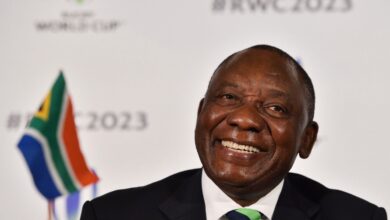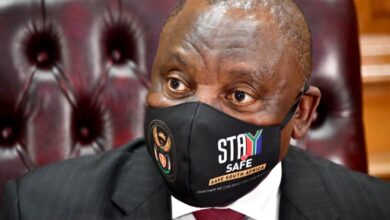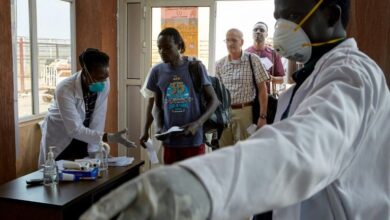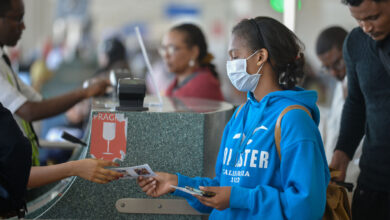South Africa
South Africa’s Metalworkers’ Union Commence Indefinite Strike Over Pay Rise
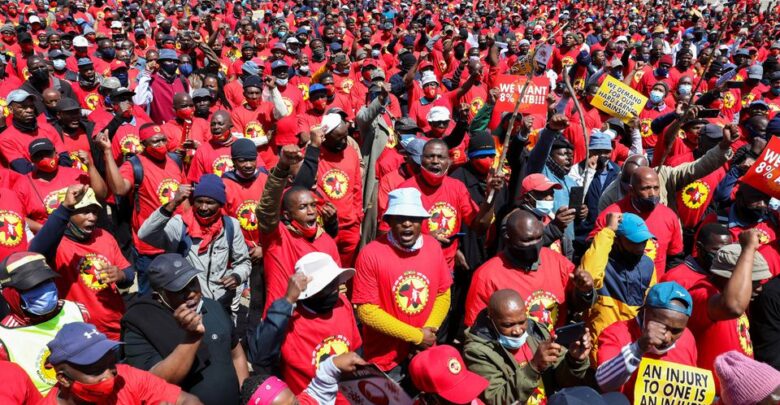
South Africa’s biggest metalworkers union started an indefinite strike on Tuesday demanding pay raises, reported Africa News. The strike threatens to disrupt supplies of parts to make new cars and accessories, industry and union officials said.
The National Union of Metalworkers of South Africa (NUMSA) includes about 155,000 members working in various industries including auto-mechanics. South Africa has local plants that assemble major car brands including Ford, BMW, and Nissan for export.
The union decided to go for a total shutdown of the engineering industry after wage talks with employer bodies reached a deadlock and arbitration failed.
The union’s demands include an 8% wage rise in the first year of a pay deal, and an increase equal to the rate of inflation plus 2% for the following two years. Notably, South Africa’s annual inflation is currently around 5%.
The Industry body Steel and Engineering Industries Federation of Southern Africa had offered 4.4% for 2021, inflation plus 0.5% in 2022, and inflation plus 1% in the third year.
“We are left with no choice but to strike and to withhold our labor indefinitely until the bosses give into our just demands,” NUMSA said in a statement.
South Africa’s metalworkers’ union organized marches and rallies all across the country on Tuesday. In a march in Johannesburg, protesters were seen wearing NUMSA’s trademark red colors and holding up placards that read “An injury to one is an injury to all”.
South Africa’s economy, including its export-focused auto sector, was hit hard by the COVID-19 pandemic, making employers reluctant to give in to union demands for above-inflation salary hikes. Last year, car sales dropped by roughly 30% for both the domestic and export market.
In an interview with Reuters, Renai Moothilal, executive director at the National Association of Automotive Component and Allied Manufacturers (NAACAM), urged parties to speedily resolve the impasse and prevent any long-term damage and possible line stoppages to vehicles being assembled in the country and abroad.


